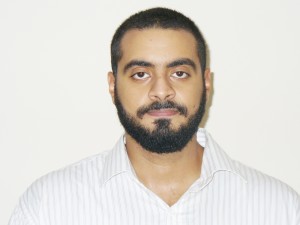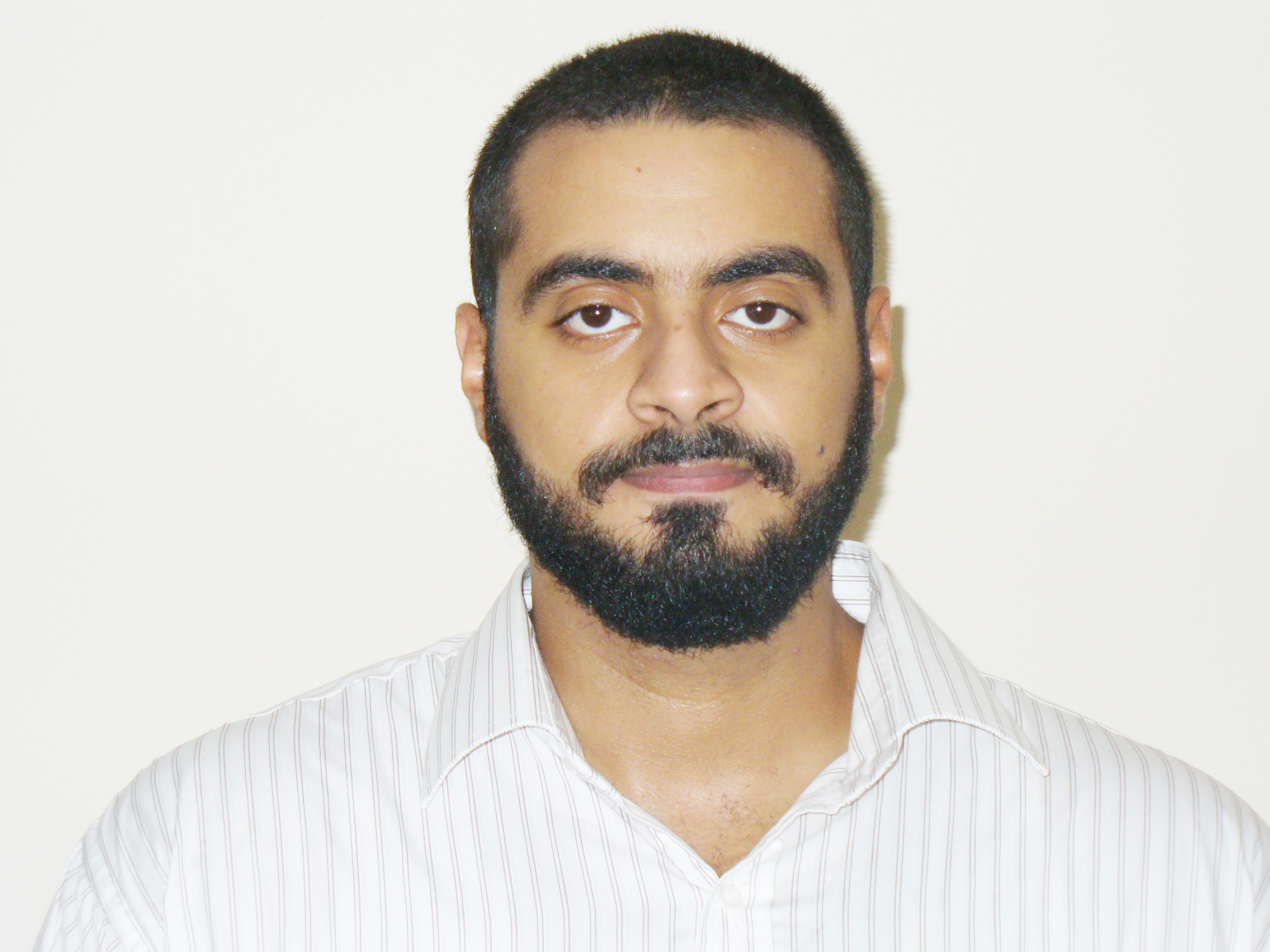
The world has been taken off guard by the changes President Morsy has struck in the higher ranks of the military, practically nullifying the possibility of a blatant military coup as many Egyptians have feared. However, does this change have a deep effect on the military itself and the previous role it played? So far the answer seems to be that there is some change taking place. Nonetheless, the extent to which this change will take place is still not clear. The process is still being shaped by current affairs, but there are some indicators that show where the Egyptian military is heading.
In democratic societies, the effectiveness of the military is often attributed to the extent of its ability to perform assigned duties (including its main task, defense) and be under civilian elected leadership. “Professionalism” is one of the characteristics of effective militaries: they do not have political affiliations or preferences but rather do their job as commanded. This is why the SCAF has constantly announced in the past that it stands an equal distance between all factions and political parties in Egypt.
To some civil-military relations theorists, professionalism does not always entail a completely apolitical military establishment. While they may have political desires, they may not necessarily act upon them. However, when the military establishment and the elected leadership of the country are on the same page, effectiveness of the military is much more likely.
The Egyptian military establishment was very intolerant of Islamists. This intolerance dates back to the era of Nasser’s demise of the Muslim Brotherhood. Similarly, the sacked heads of SCAF who came from this era did not like Islamists and those who are in their inner circle can tell you plenty of stories to demonstrate this.In Egypt, women wearing niqab (face veil) andmen with beards, including the relatives of military personnel,were prevented from entering military social clubs.
Now the case is different. The new Minister of Defense has made plenty of Islamist pleasing gestures. The military will no longer prevent those under its command from praying on time in mosques. This is aside from what some media outlets have reported about the second man in the military, newly appointed Chief of Staff, General SedkiSobhi, who highlighted the importance of Islam in regional regimes in his 2005 M.A thesis. He writes that any democratic legitimacy not artificially imposed from external powers needs to be locally producedand compatible with Islam.
What is also amusing is that General Sedki’s entire thesis presented to the US Army War College was a study about the future prospects of the US military presence in the Middle East. In his thesis, he recommends that the US withdraws entirely from the Middle East and tries to maintain its interests through social and economic means as well as abiding by international law. Morsy’s choice of Sedki to hold this position shows a departure from being overly sensitive to Washington and emphasis on a more independent foreign policy. In the previous regime which ensured very positive relations with Washington, which the regime more or less required for its survival, Sedki would have never ranked this high.
The Egyptian military seems to be heading in a totally different direction with regard to respecting its conscripts and soldierswho previously were undervalued. This is the case at least so far in the discourse. Egypt is very optimistic, wages in the military are on the rise and it seems there is an attempt to satisfy members of this establishment. There has been also a major reshuffle in the ranks of military officers, which indicates an attempt at restructuring the military.
One aspect that is not clear is the way in which Sinai is being managed at the moment, which is not different from what the previous regime would have done: heavy handed dealing with Sinai locals whichquestions the motives behind it if it is indeed directed by the current elected leadership. It shows that there is still bureaucratic inertia and that something different has to be done to reflect post-revolutionary attitudes that denounce human rights violations and the appropriate implementation of law. There are revolutionary factions who do not approve of the crises and there are possibilities of protest.
Still, much of what was previously discussed does not touch upon the economic structure of the military establishment that has solidified under Mubarak. This is where civilian control over the military will truly be tested. It is still too early to decide, but so far nothing seems to have changed on this front.




